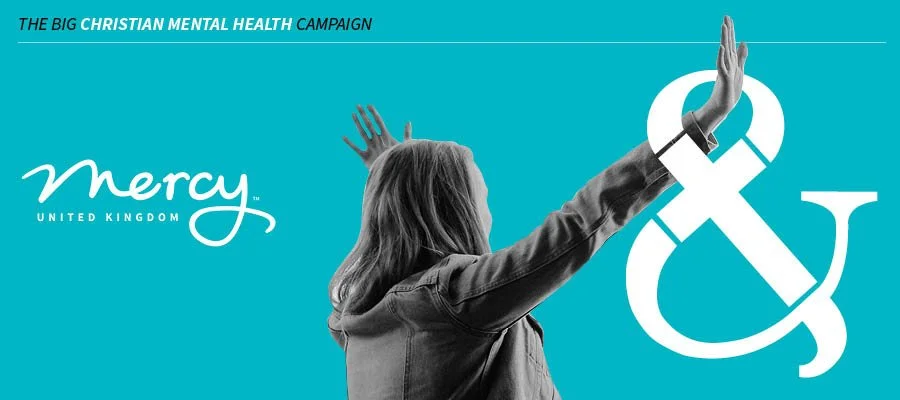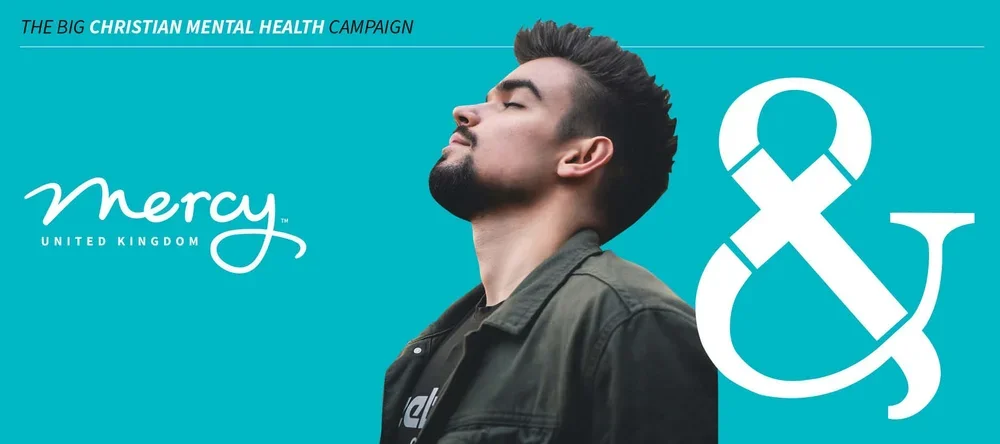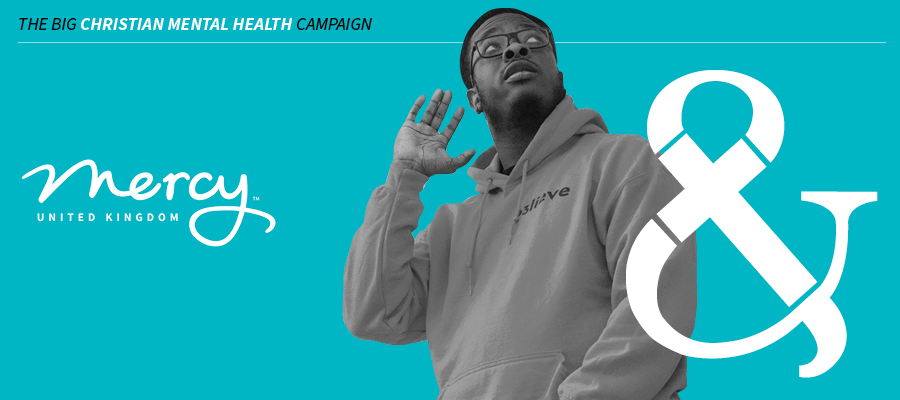Your fortnightly 1-2-3: Helping you navigate the tension between faith & mental health by looking at a tension point, a talking point and a truth to ponder.
Tension Point
“I want to worship, but I’m hurting. What if I don’t feel like worshipping? Is it dishonest to praise when I’m struggling?”
Talking Point
Worship was never meant to depend on how we feel. It’s not a performance or a reward for good times. It’s a response to the unchanging truth of who God is—His holiness, His worthiness, His goodness—even when our circumstances seem to say otherwise.
That’s why Scripture calls it a sacrifice of praise. Because sometimes it costs us—when our hearts are heavy, when the healing hasn’t come, when the breakthrough feels far away.
The most powerful worship often rises not from celebration, but from surrender.
Acts 16 tells us about Paul and Silas. After being beaten and imprisoned for doing God’s will, they lifted their voices in prayer and praise. Not because they felt great. Not because they saw a way out. But because they knew who God is. That kind of worship—despite the pain—opened heaven’s response. The earth shook, the chains fell, and everyone around them witnessed freedom.
Worship shifts things. It may not always change what’s happening around us, but it can profoundly change what’s happening within us. Gratitude and praise lift our eyes from the weight of the moment to the One who holds it all.
Truth to Ponder
We don’t worship because life is good - we worship because God is good.
When life hurts, here’s how to offer Him praise anyway:
Acknowledge the pain.
God doesn’t ask you to fake it—He can handle your honesty.Remember who He is.
His worth doesn’t change with our situation.Choose the sacrifice.
Worship costs something—but that’s what makes it meaningful.Let your praise lead your perspective.
Magnifying God helps put everything else in context.Don’t wait to feel it.
Feelings may follow, but faith often acts first.
Psalm 54:6 says:
“I will sacrifice a freewill offering to you; I will praise your name, Lord, for it is good.”
Worship isn’t about pretending everything is fine. It’s about choosing to honour God because He is worthy, not because life is easy. And in doing so, we often find that while He doesn’t always remove the pain, He transforms our perspective within it.



















































